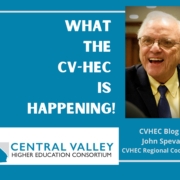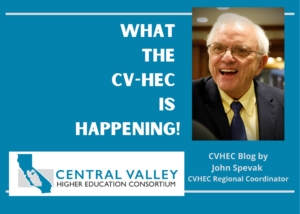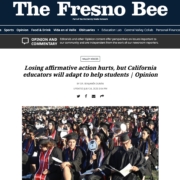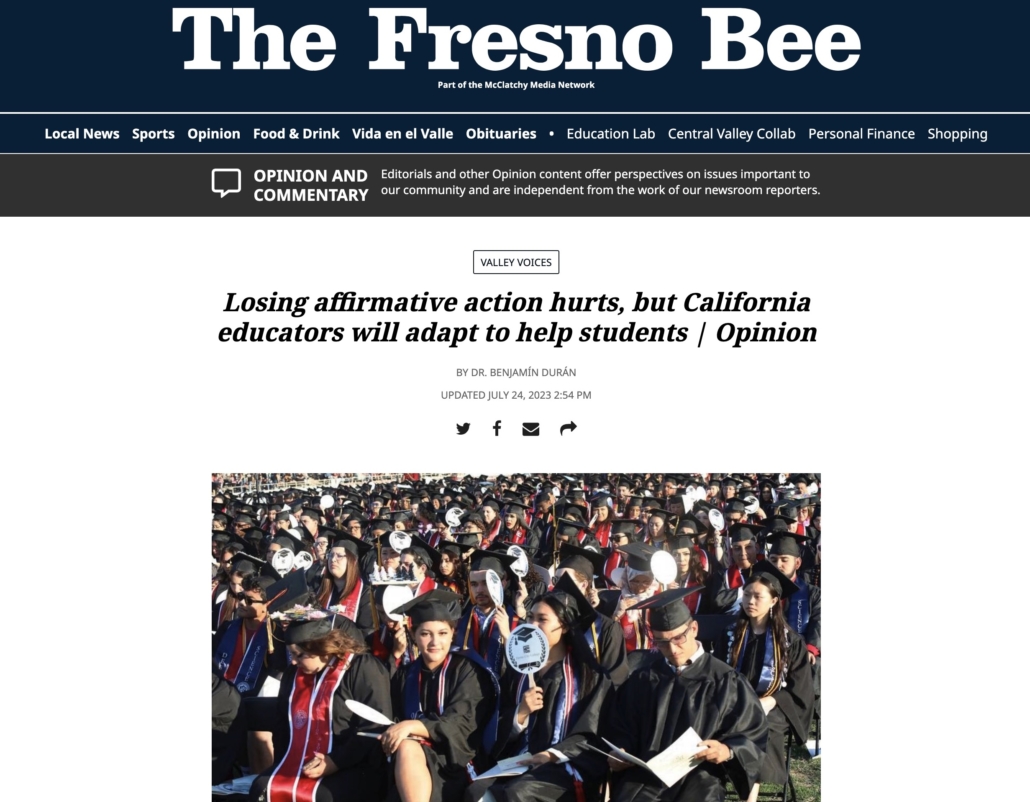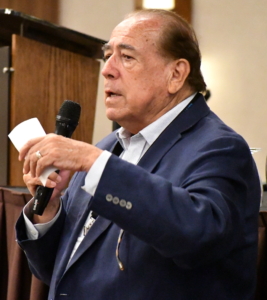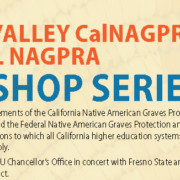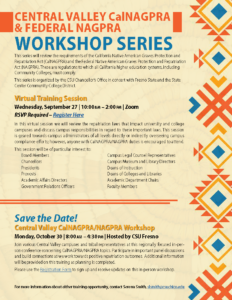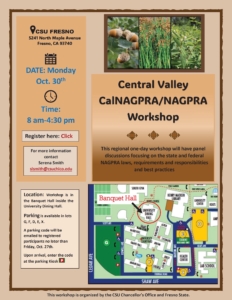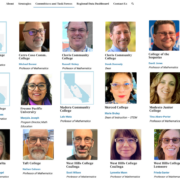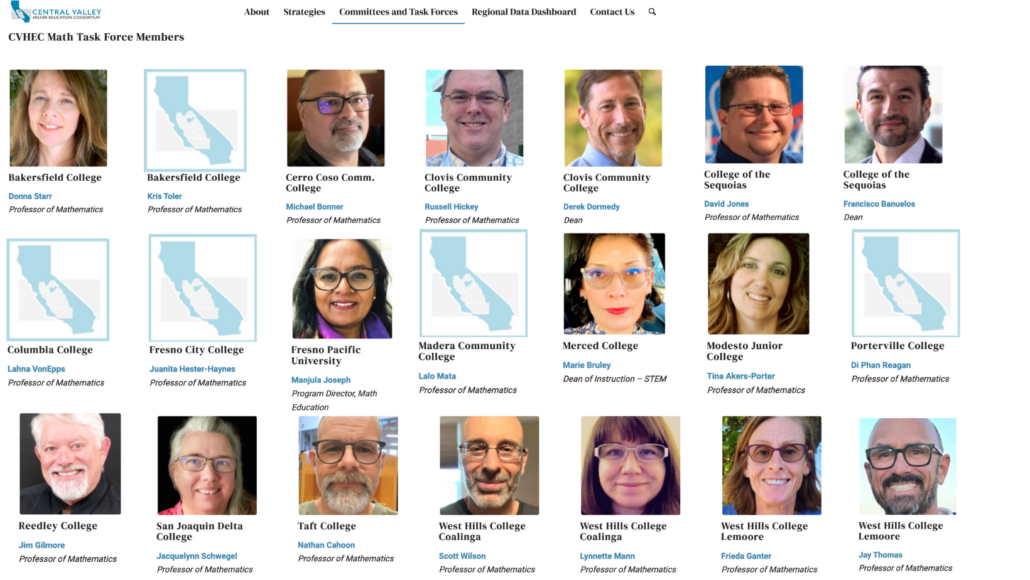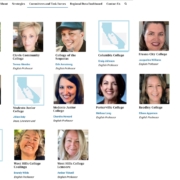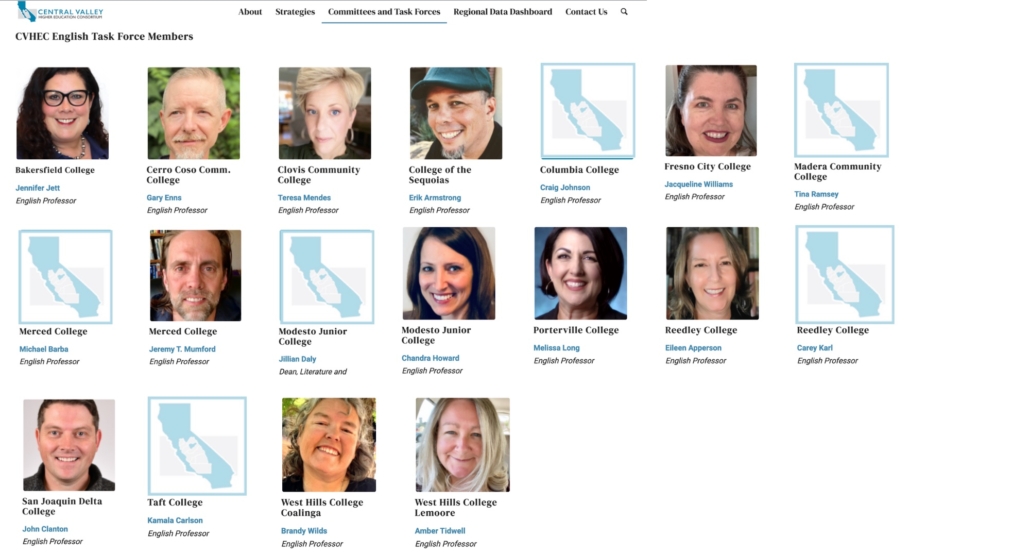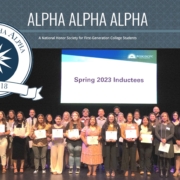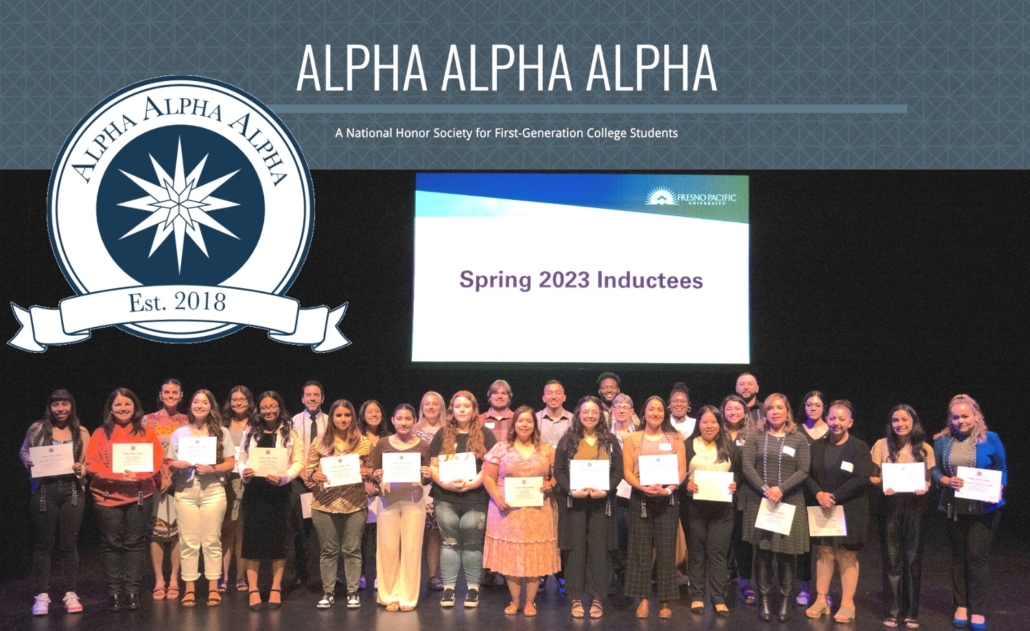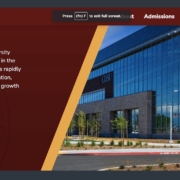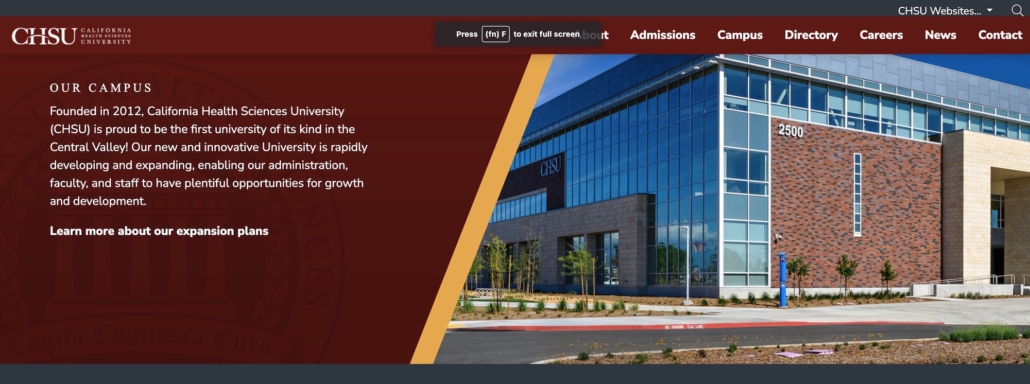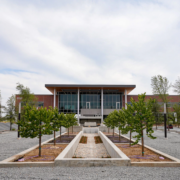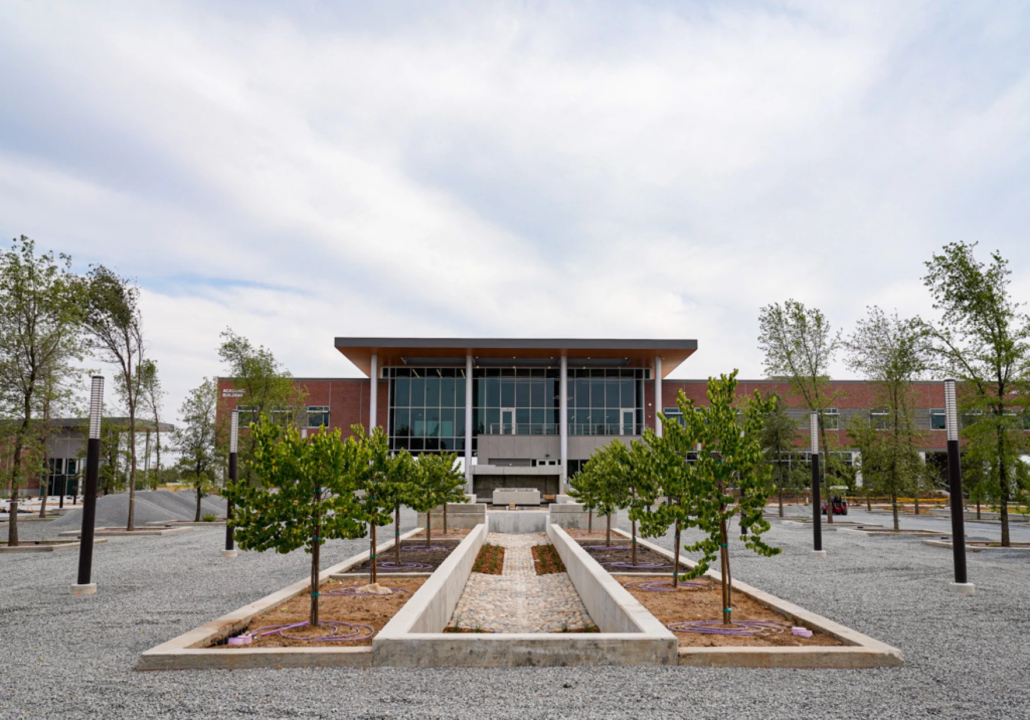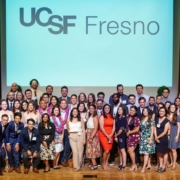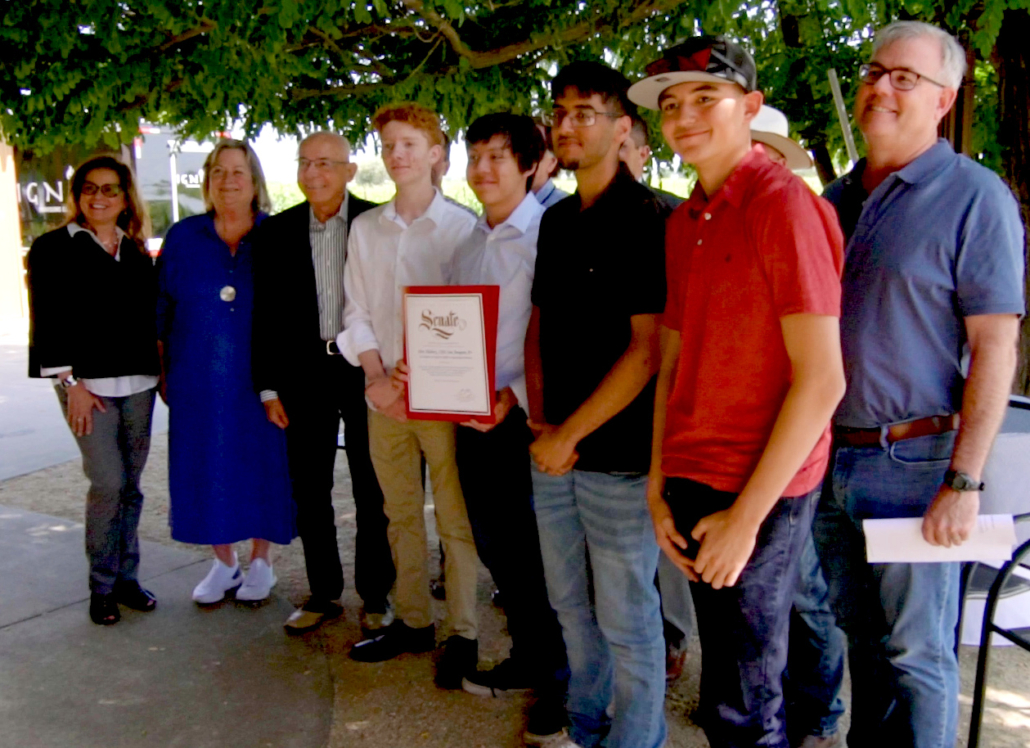WHAT THE CV-HEC IS HAPPENING BLOG (September 2023): Teachers
As students return to classrooms for the fall semester, this month’s “What the CV-HEC is Happening” Blog is a message about the lifelong impact that teachers deliver for their students. It is a reprint of a column by Dr. John Spevak that appeared in the Los Baños newspaper, The Westside Express, Aug 30. Dr Spevak, who is a vice president-emeritus of Merced College and currently a regional coordinator for CVHEC, taught English in his early career and shares here a recent email from a former student.
The lasting impact teachers have,
even when they don’t realize it
“A teacher affects eternity; he can never tell where his influence stops.”
So wrote Henry Adams, a 19th century American historian. Recently, I felt the impact of that statement. Many veteran teachers, dedicated men and women, will understand the experience about which I’ll be writing today.
Some readers of this column may know that once upon a time, from 1971 to 1985, I taught English and speech at the Los Baños Campus of Merced College, first in a rented building on L Street and then in a facility on Mercey Springs Road. I was fortunate to have many talented and dedicated students of all ages in my classes.
The other day I received an email out of the blue from one of those students, with the simple subject heading of “Former Student.”
“Hello, John,” the email began, “I was a student at the Los Baños Community College Satellite Campus in the early 1980s. You connected me with a tutor who supported my writing and got me started on my college path.
“As an ex-Marine and former high school dropout, I had few academic skills. I just wanted you to know the long reach of your work. Who knew I’d spend 40 years working with young people, write a dissertation and publish a book? I owe you and your tutors a huge debt of gratitude.
“I am very glad to see you’re still writing your newspaper articles and supporting education through your work. I’d love to send you a signed copy of the book I co-authored. May you continue to enjoy the blessings of profound impact. Dr. C. Edward Jackson.”
Later, when he mailed me a signed copy of his book, Dr. Jackson enclosed a note which affirmed what he had written in his email.
“John, without your intervention, I would not have been able to write a thesis, dissertation and this book. The great thing about being a teacher—you never know the extent of your impact, but you know it’s there. Blessings, Ed.”
I was startled, flummoxed, amazed. For a teacher to get a thank you from a student who was in his class 40 years ago is unusual–although, as veteran teachers can attest, it does happen occasionally.
What’s remarkable about my interaction with Dr. C. Edward Jackson, whom I knew as “Ed” when he was in my English class, is that I didn’t think I had done anything remarkable.
Like other teachers who love their profession, I believe in the importance of good teaching — not only having command of your subject, but also sharing your knowledge with enthusiasm. Equally important is providing support, encouragement and empowerment to students. I saw talent in Ed, as I saw talent in so many other students, and I simply encouraged him.
I believe what I did is common among good teachers at all levels, from kindergarten to graduate school. Good teachers understand the intense responsibility they have. A simple encouraging word can sometimes make a positive lifetime impact. The converse is true, as well. One disparaging word to a student can have a negative lifetime impact.
I must admit that I feel proud of my student Ed, even though I don’t think I contributed much to his success. He moved on from the foundation he received at the Los Baños Campus not only to pursue writing, but also to work with young people and then become the author of an insightful and significant book, as I discovered when I read it.
Soon after getting his email, I received in the U.S. mail from Dr. C. Edward Jackson his book, “Meaning-Centered Leadership,” which he co-authored with Dr. Barbara Bartels. Soon after beginning to read it, I recognized and appreciated what he was saying.
Leadership has always intrigued me. During much of my septuagenarian life, I have taken note of what makes a good leader and what makes a bad leader. I’ve also concluded there are more bad leaders than good leaders in today’s world.
Reading chapter after chapter, I kept nodding my head and agreeing with Ed (I think it’s OK for me to call Dr. Jackson by his first name).
Ed’s main idea is that good leaders must ensure that the people who work for them feel their work is meaningful. To do that, good leaders have to engage and empower their employees, while demonstrating integrity, as well as optimism and humility.
Ed and his co-author Barbara go on to say that good leaders must build trust. They need to care about their employees, getting to know them personally by “managing by walking around” and connecting with them. The authors add that showing enthusiasm for what you believe in and acknowledging the contributions of your employees are also essential leadership traits.
I talked with a friend of mine who worked as a community college administrator for 23 years, as a dean and then vice president, a person I consider a good leader. He agreed with every point Ed and Barbara made in their book.
My friend went on to say that following Ed’s advice is not always easy and involves a large investment of time and energy. Getting to know the people whom you supervise also takes time, usually a big chunk of time each day. Building trust can take years and requires patience and perseverance.
Most people in leadership positions don’t want to take that time or expend that energy, because it extends their workday long past eight hours and often leaves them exhausted. However, my friend said, Ed is correct when he writes in his conclusion that “becoming a meaning-centered leader is a grand adventure that you pursue throughout your career.”
As I was reading Ed’s book I noticed that a good leader in business also shares similar qualities with good military leaders, teachers and even parents. We all, I believe, have something to learn from Ed’s book.
What’s significant about Ed’s approach is that good business leaders are not only appreciated by their employees, they’re also good for the bottom line. That’s because good leaders, by empowering their employees to succeed, enable their companies to produce better financial results than bad leaders.
Ed and Barbara’s book reflects these two outcomes in its subtitle, “Skills and Strategies for Increased Employee Well-Being and Organizational Success.” Good leaders not only increase well-being; they also achieve success.
My pride in my former student Ed’s authorial success was reinforced by the endorsement he received from a long renowned author, Tom Peters. Peters is the co-author of “In Search of Excellence,” a best-selling book I read and valued when it was written in 1982. In Peters’ endorsement of Ed’s book, he wrote, “I wish I had written this book. Its message is in fact more important than ever.”
So three cheers for Dr. C. Edward Jackson. And three cheers for all good teachers.
I hope Ed’s email and book remind all teachers of the impact they have on their students’ lives, whether they realize it or not, keeping in mind, as Henry Adams wrote, “a teacher affects eternity.”

